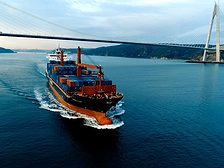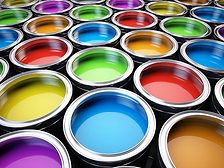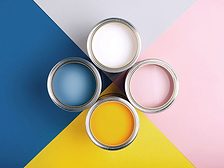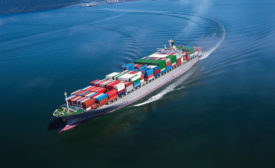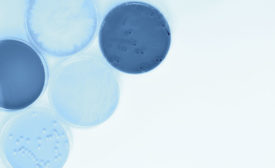Home » Biocides
Articles Tagged with ''Biocides''
Fungal Deterioration of Anti-Corrosive Coatings
Assessment by Electrochemical Techniques and Scanning Electron Microscopy
Read More
The Rise of Water-Based Formulations
Addressing Microbial Contamination Challenges in the Paint and Coatings Market
Read More
New Safe and Durable Antimicrobial Coating Technology
Conforming to the Latest EU BPR Legislation
Read More
Keep the info flowing with our eNewsletters!
Get the latest industry updates tailored your way.
JOIN TODAY!Copyright ©2025. All Rights Reserved BNP Media.
Design, CMS, Hosting & Web Development :: ePublishing

